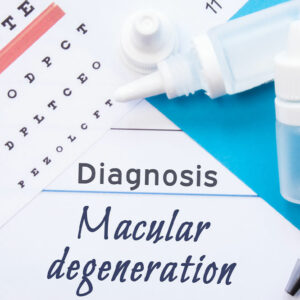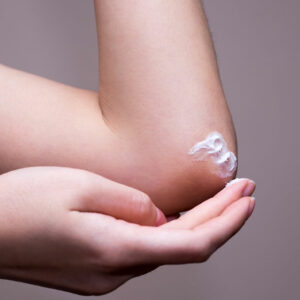
11 things and services that Medicare doesn’t cover
Over the years, Medicare has provided health insurance coverage to more than 60 million people nationwide. Individuals above 65 years and those with disabilities have benefited from this health insurance coverage. However, not all healthcare-related expenses are covered by Medicare; some things are excluded. In such scenarios, people should cover the remaining costs by taking supplemental insurance. Some things and services that are not covered by Medicare are listed below. 11 things Medicare doesn’t cover Regular physical exams Medicare doesn’t cover the expenses for routine physical exams that are not related to any diagnosis or treatment of any health condition or symptoms. However, Medicare has been expanded to provide coverage of checkups under certain circumstances. These include a one-time checkup in the first year of enrolling for Medicare Part B. Then, for subsequent years, coverage is provided for annual wellness visits. Eye exams and opticians The original Medicare covers certain eye health-related expenses, such as cataract surgery. However, it doesn’t cover others, such as expenses for contact lenses, expenses for glasses, and routine eye exams. Also, Medigap plans, which are the supplemental insurance plans offered by private insurance providers, do not cover these expenses. However, a few Medicare Advantage plans may cover the expenses for prescription glasses or routine eye checkups.
Read More. 














